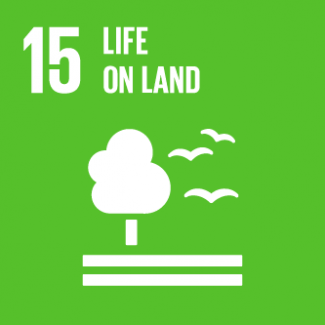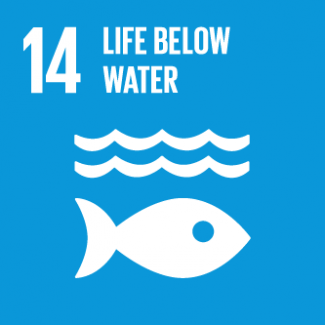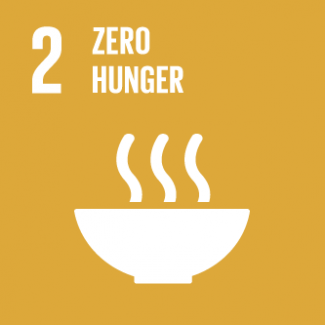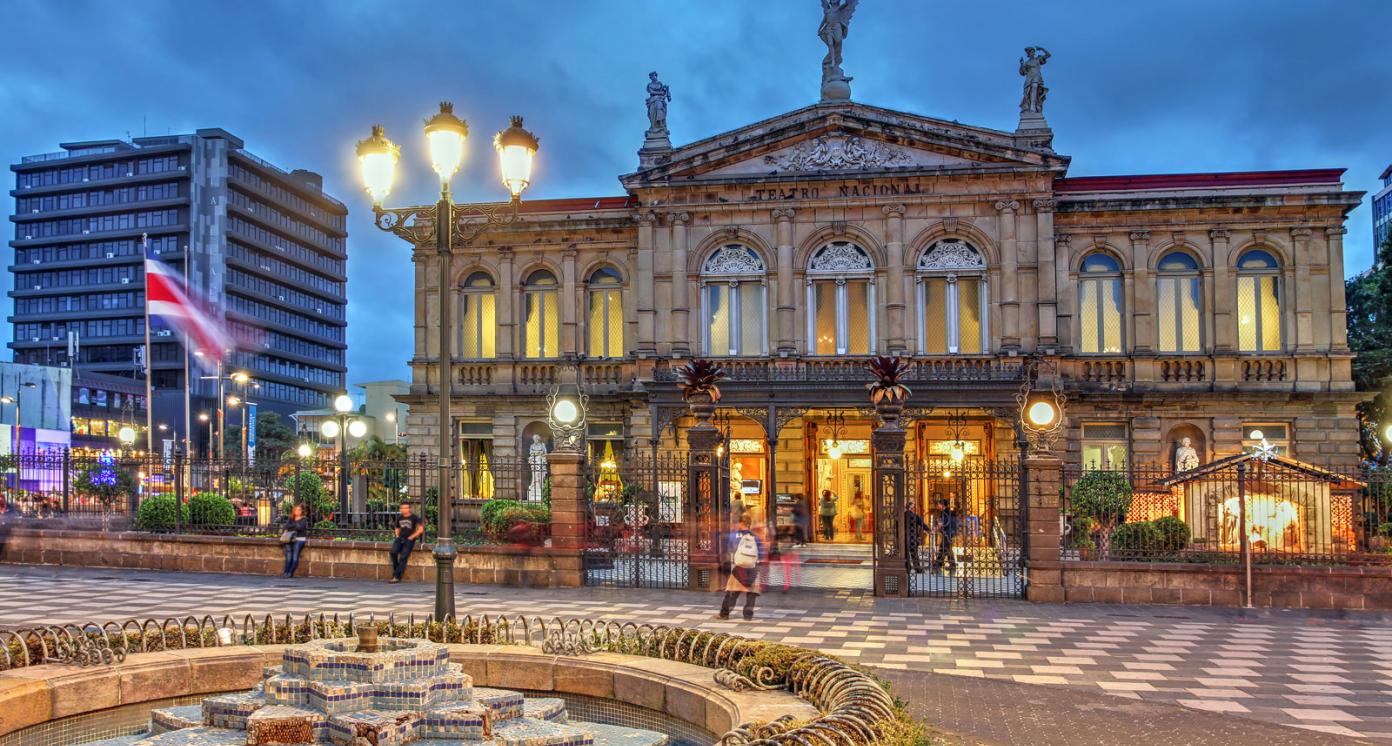In many aspects, Costa Rica is a success story in terms of development. It is considered an upper middle-income country, which has shown a steady economic growth over the past 25 years. This growth resulted from an outward- oriented strategy, based on the openness to foreign investment and gradual trade liberalization.
Costa Rica is also a global leader for its environmental policies and accomplishments, which have helped the country build its Green Trademark. The pioneering Payments for Environmental Services (PES) program has been successful in promoting forest and biodiversity conservation; making Costa Rica the only tropical country in the world to have reversed deforestation.
The combination of political stability, social contract and steady growth has resulted in one of the lowest poverty rates in Latin America and the Caribbean, where the proportion of the population with incomes below US$ 5.5 per person per day decreased slightly from 12.9 to 10.6 percent between 2010 and 2019.
The success of the country in recent decades is also reflected in its strong indicators of human development, which have contributed to move the country up the global ranks, higher than the other countries in the region.
While these achievements are celebrated, the country faces economic and social challenges associated with the COVID-19 (Coronavirus) pandemic which has hit hard Costa Rica, and needs to continue building the foundations for restoring growth and continuing poverty reduction sustainably in the post-crisis.
Despite Costa Rica’s strong health system and timely crisis response, the pandemic had a heavy toll on its economy. Gross Domestic Product (GDP) is estimated to have contracted 4.6 percent in 2020, the largest drop in four decades, driven by sharp declines in investment and private consumption. One out of five workers were unemployed by Q4 2020. Despite strong mitigation efforts, an estimated 124,000 people fell into poverty, lifting the poverty rate to 13 percent in 2020. The crisis also interrupt Costa Rica’s incipient fiscal consolidation built on important reforms in 2018 and 2019.
However, the Gross Domestic Product (GDP) is expected to growth 2.6 percent in 2021, supported by improvement in external conditions, and recovering confidence of economic agents. As the vaccination campaign rolls out worldwide (and in Costa Rica), mobility restrictions are lifted and tourism fully recovers, growth is expected to accelerate to 3.3 percent by 2022. The recent accession to the OECD underpins structural reforms that further reinforce growth prospects.
In this context, two pressing development challenges stand out: the fiscal situation and persistent inequality. These challenges affect the basic pillars of the Costa Rican development model: inclusion, growth, and sustainability.
The government has strived to address these problems and is committed to an inclusive society that guarantees the welfare of its people, supported by transparent and accountable public institutions.
11



Food and Beverage, Health Care, Services
0.810
How is this information gathered?
SDG Investor Maps employ an 8-step methodology, combining data research and stakeholder consultations to identify Investment Opportunity Areas (IOAs) and potential business models with significant financial and impact potential.
Disclaimer
UNDP, the Private Finance for the SDGs, and their affiliates (collectively “UNDP”) do not seek or solicit investment for programmes, projects, or opportunities described on this site (collectively “Programmes”) or any other Programmes, and nothing on this page should constitute a solicitation for investment. The actors listed on this site are not partners of UNDP, and their inclusion should not be construed as an endorsement or recommendation by UNDP for any relationship or investment.
The descriptions on this page are provided for informational purposes only. Only companies and enterprises that appear under the case study tab have been validated and vetted through UNDP programmes such as the Growth Stage Impact Ventures (GSIV), Business Call to Action (BCtA), or through other UN agencies. Even then, under no circumstances should their appearance on this website be construed as an endorsement for any relationship or investment. UNDP assumes no liability for investment losses directly or indirectly resulting from recommendations made, implied, or inferred by its research. Likewise, UNDP assumes no claim to investment gains directly or indirectly resulting from trading profits, investment management, or advisory fees obtained by following investment recommendations made, implied, or inferred by its research.
Investment involves risk, and all investments should be made with the supervision of a professional investment manager or advisor. The materials on the website are not an offer to sell or a solicitation of an offer to buy any investment, security, or commodity, nor shall any security be offered or sold to any person, in any jurisdiction in which such offer would be unlawful under the securities laws of such jurisdiction.


















